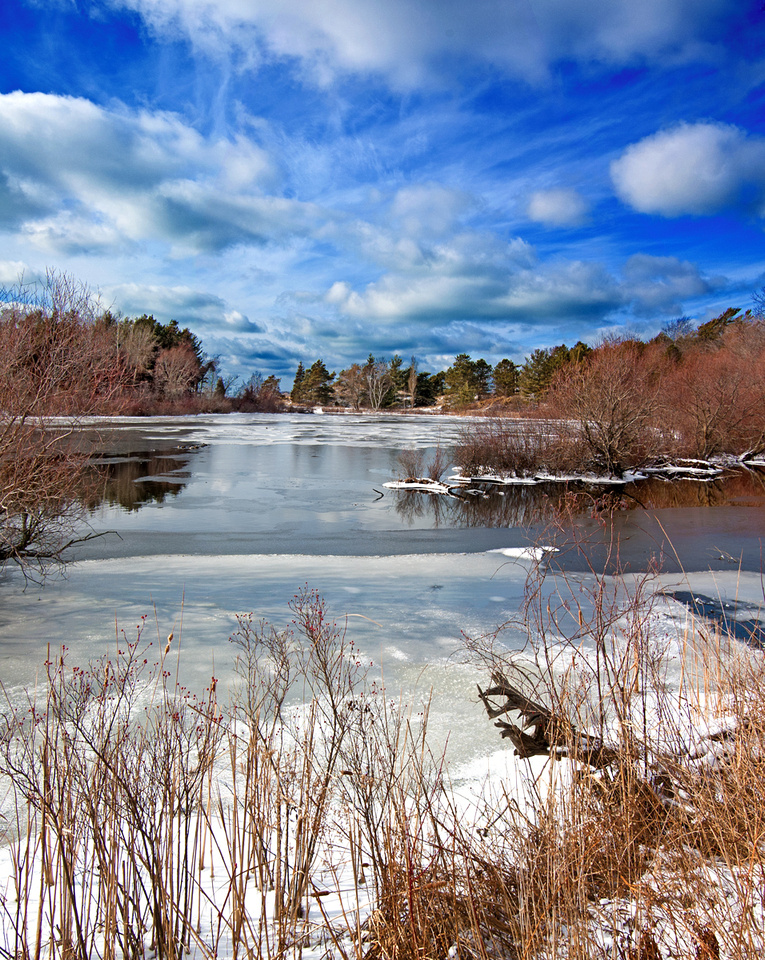- PHOTOGRAPHY▼
- Guest Artists▼
-
Costal - Environmental▼
- CA Coastal Current
- Connectivity & Dependency
- ESRI & Ocean
- US-Mexican Coastal Border
- Ocean Children's Learning
- Self Employment
- Eight Weeks
- Green Building
- CA Coastal Economy
- Ocean Acidification Coral
- EPA Comment - Oil Spills
- Tracking Lake Recovery
- AWRI / GVSU
- AWRI Photo Page
- Challenging Fresh Water
- A Sea of Change
- Seagrass Ecosystems
- MonitoringEl Nino Effects
- jennifer-o-leary.pdf
- CO2 Cause and Effect
- Alligators
- Blog / About▼
- Surf / Shark Science▼
- Education Contributors
Human and Ecosystem Risk Assessment - EPA
The EPA defines risk as “the chance of harmful effects to human health or to ecological systems resulting from exposure to an environmental stressor.”1 A stressor is any physical, chemical, or biological exposure that can harm humans or ecosystems. A classic example of an environmental stressor to human and ecosystem health is a large oil spill (industrial petrochemical exposure). On March 24, 1989, the world experienced one of the largest oil spills in history, the Exxon Valdez oil spill in Prince William Sound, Alaska. Following the Exxon Valdez oil spill, Exxon reported at least 6,000 cases of a syndrome consisting of respiratory and flu-like symptoms known as “Valdez Crud,” resulting from exposure to crude oil.2,3 For the EPA, risk assessments fall under two categories of human health and ecological. Following an environmental health event such as an oil spill, separate investigations into human health and environmental health assessments are performed. Some of the elements of risk assessment are estimating exposures, using collected data (quantitative and qualitative) to calculate risks, review of limitations associated with assessment and calculated risk, and risk characterization. Information from a risk assessment is used to determine how to best protect humans and the ecosystem.1
For human risk assessments, consideration must be paid to vulnerable populations such as children, the elderly, and other marginalized populations such as homeless populations. Specific to human risk assessment, the EPA details four steps for risk assessment: hazard identification, dose-response assessment, exposure assessment, and risk characterization.4 Specific to ecologic risk assessment, the EPA has three phases: problem formulation, analysis, and risk characterization.5 For ecological risk assessment, the ecosystem's biodiversity must be considered as well as how extensive the exposure is. These assessments depend on many factors, including changes in weather such as wind direction, the flow of water, including penetration to groundwater, movement of water from rivers to lakes, and circulating ocean currents.
References
- EPA. (2021, August 24). About Risk Assessment. EPA. Retrieved November 9, 2021, from https://www.epa.gov/risk/about-risk-assessment#whatisrisk.
- Ott, R. (2015, March 24). Act now to protect our ocean and fresh water. Robert Eovaldi - Art and Science. Retrieved November 9, 2021, from https://roberteovaldi.zenfolio.com/riki_ott.pdf.
- Stranahan, S. Q. (2003, March 1). The valdez crud. Mother Jones. Retrieved November 9, 2021, from https://www.motherjones.com/politics/2003/03/valdez-crud/.
- EPA. (2021, June 15). Human Health Risk Assessment. EPA. Retrieved November 9, 2021, from https://www.epa.gov/risk/human-health-risk-assessment.
- EPA. (2021, June 7). Ecological Risk Assessment. EPA. Retrieved November 9, 2021, from https://www.epa.gov/risk/ecological-risk-assessment.
 UNNAMED POND IN WINTER
UNNAMED POND IN WINTER
Comments
|
January
February
March
April
May
June
July
August
September
October
(1)
November (1)
(3)
December (3)
|
January
(1)
February (1)
(1)
March (1)
April
May
(1)
June (1)
July
(2)
August (2)
(1)
September (1)
(3)
October (3)
November
December
|
January
February
March
April
May
June
July
August
September
October
November
December
|
January
February
(1)
March (1)
April
May
June
July
August
September
(3)
October (3)
(7)
November (7)
(2)
December (2)
|
(3)
January (3)
February
March
April
(1)
May (1)
June
(1)
July (1)
August
September
(2)
October (2)
(2)
November (2)
(1)
December (1)
|
January
(2)
February (2)
March
(1)
April (1)
May
June
July
August
September
October
November
(1)
December (1)
|
January
February
March
April
May
June
July
August
September
(4)
October (4)
(44)
November (44)
(30)
December (30)
|
(15)
January (15)
(8)
February (8)
(2)
March (2)
April
May
(3)
June (3)
(1)
July (1)
August
September
October
November
(6)
December (6)
|
January
(3)
February (3)
(4)
March (4)
(42)
April (42)
(1)
May (1)
June
July
August
September
October
November
December
|